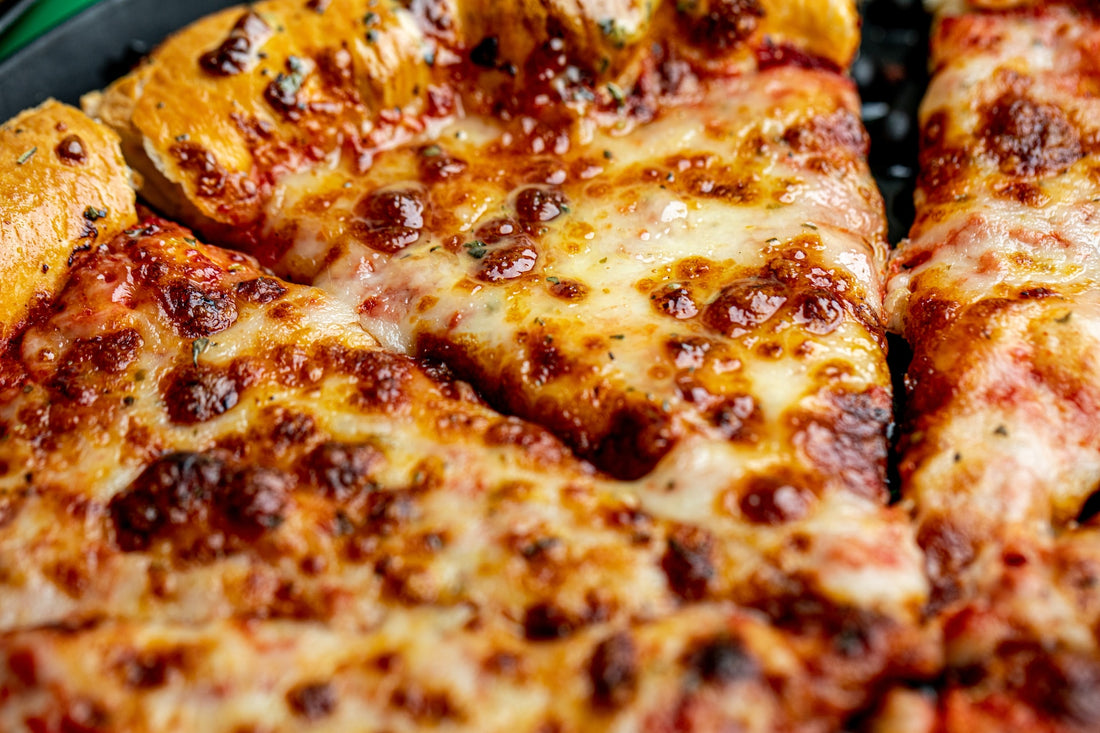The Great Debate
Acne is a common skin condition that can be frustrating and sometimes even painful to deal with. It is often attributed to hormones, genetics, and poor skincare habits. However, there has been an ongoing debate about whether consuming greasy food can contribute to the development of acne. In this article, we will explore the relationship between greasy food and acne to separate fact from fiction.
Understanding Acne
Before we dive into the connection between greasy food and acne, it's important to understand what acne is. Acne occurs when hair follicles become clogged with oil, dead skin cells, and bacteria. This leads to the formation of pimples, blackheads, and whiteheads. Hormonal changes, such as those that occur during puberty, can increase oil production in the skin, making acne more likely to develop.
The Connection Between Diet and Acne
While diet alone may not be the primary cause of acne, research suggests that it can play a role in its development. Certain dietary factors, such as high glycemic index foods and dairy products, have been linked to an increased risk of acne.
The Science Behind It
Several studies have been conducted to investigate the connection between greasy food and acne. One study published in the Journal of the Academy of Dermatology found no significant association between the consumption of greasy food and the development of acne. Another study published in the Journal of the American Academy of Dermatology concluded that there is limited evidence to support the idea that greasy food directly causes acne. There is not enough proof to connect specific "harmful foods" to causing acne. However, recent research has indicated that diet may have a significant impact on the development of acne.
Other Factors to Consider
While greasy food may not directly cause acne, it's important to consider other factors that can contribute to its development. For example, a diet high in refined carbohydrates and sugars has been linked to an increased risk of acne. Cow's milk can also lead to acne. Additionally, poor hygiene, stress, and certain medications can also play a role in the development of acne.
The Greasy Food Myth
Contrary to popular belief, there is no direct scientific evidence that proves a direct link between consuming greasy food and acne breakouts. The idea that greasy food causes acne may have originated from anecdotal experiences or misconceptions.
Acne is primarily caused by the overproduction of sebum, an oily substance that helps moisturize the skin. When excess sebum, dead skin cells, and bacteria clog the pores, it can lead to the formation of pimples. While greasy food might make your skin feel oilier, it doesn't necessarily mean it will cause acne.
The Role of Diet in Acne
Although greasy food may not be a direct culprit, a healthy diet can still help maintain overall skin health. Consuming a balanced diet rich in fruits, vegetables, whole grains, and lean proteins can provide essential nutrients that support skin health. Additionally, staying hydrated and avoiding excessive consumption of sugary or processed foods can also contribute to maintaining clear skin.
Skincare Habits Matter
While diet plays a role in skin health, it's important to remember that skincare habits are equally, if not more, vital in managing acne. Establishing a daily skincare routine that includes gentle cleansing, moisturizing, and protection from the sun can help keep acne at bay.
Final Thoughts
It can be tough to narrow down what triggers your acne breakouts. While blaming greasy food for acne breakouts is tempting, scientific evidence does not support a direct causal relationship. However, it's important to maintain a balanced diet and practice good skincare habits like face washing to promote overall skin health. Make sure to properly cleanse your face to eliminate any excess oils, dirt, or debris that could potentially block your pores. Additionally, remember to use our beauty sleeves to aid in the process. If you're concerned about acne or have persistent breakouts, it's best to consult with a dermatologist who can provide personalized advice and treatment options.
References

